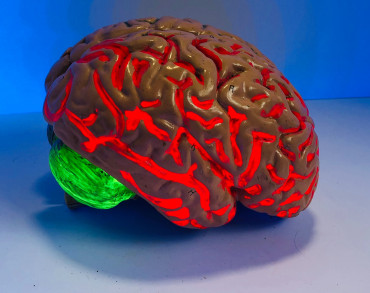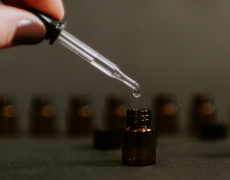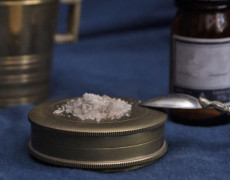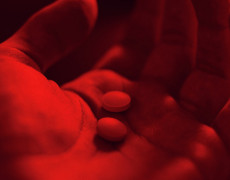What happens when you take hallucinogens?


Hallucinogens refer to a diverse group of drugs that alter a person’s awareness of their surroundings, as well as their own thoughts and feelings.
Hallucinogens are so named because they cause hallucinations – people who take hallucinogenic drugs often see, hear, and feel things that seem real, but that don’t actually exist. Researchers believe that hallucinogens impact neural circuits in the brain, particularly the prefrontal cortex, that’s the region of the brain involved in perception, mood, and cognition.
Hallucinogens have a long history – many cultures have used them for various reasons throughout history, including for religious ceremonies or healing rituals. Classic hallucinogens include drugs like LSD and magic mushrooms, but hallucinogens also include dissociative drugs like ketamine and PCP.
| Stay safer by staying informed. Sign up to receive alerts and notifications about any dangerous drugs in NZ. Check out the alerts page to see what we've already found. |
What are the risks of taking hallucinogens?
While every drug comes with its own risks, there are some general effects all hallucinogens share:
- Hallucinations (including sight, sound, smell, and touch)
- Intense feelings and sensory experiences (for example, brighter colours)
- Distorted sense of time, place, and reality
- Mixed sensory experiences (for example, seeing sounds)
- Increased heart rate, and body temperature
- Nausea
Hallucinogens can be highly unpredictable. The effects can vary based on the amount being taken, a person’s mood and personality, the environment and surroundings, even a person’s preconceived expectations of how a “trip” will go. A person could take the exact same dose from the same batch and have very different experiences.
Hallucinogens can make it harder to recognise what’s real and what isn’t, making it harder to think rationally and communicate clearly. If someone experiences a bad trip, it can be really scary. Research by the US National Institute on Drug Abuse (NIDA) shows that bad trips can result in fears of losing control, insanity, or death.
Are there any long-term health impacts from using hallucinogens?
According to NIDA, two long-term effects have been associated with the use of classic hallucinogens:
- Persistent Psychosis – a series of continuing problems including visual disturbances, disorganised thinking, paranoia and mood changes.
- Hallucinogen Persisting Perception Disorders (HPPD) – flashbacks or recurrences of certain drug effects, such as hallucinations or other visual disturbances.
These conditions are rare and can happen to anyone, although research shows it’s more often observed in people with a history of psychological problems.
It’s important to remember that while there’s no such thing as a “safe” drug, some steps can be taken to help reduce the risks:
- Lower dosages usually pose less risk
- Avoid repeated dosing.
- Avoid mixing drugs as the combined effects can be unpredictable and increase risk.
- Try to stay in a safe and calm environment.
- As with all drugs, it’s better to have people around that you trust and have knowledge of first aid.
If you think someone is suffering a medical event, call 111 immediately and ask for an ambulance.
If you’re worried about your own drug use, or that of a loved one, you can reach out to the Alcohol Drug Helpline on 0800 787 797, or text 8681. You'll be able to speak with a trained counsellor who can provide you with helpful information, insight and support. They’re available 24/7, all calls are free and confidential. You can also chat to the Alcohol Drug Helpline team online through the website.
Latest Articles

24 Apr 2024
Increased harm linked to the use of GBL-type substances in New Zealand

23 Apr 2024
Industrial chemicals sold as methamphetamine

15 Apr 2024
Thinking of using GBL/GHB?

12 Apr 2024
Ketamine and bladder damage – know the risks

8 Mar 2024
Synthetic cathinones explained

22 Feb 2024
What’s happening with synthetic cannabinoids?

31 Jan 2024
What is tuci?

19 Jan 2024
Answering some common questions about MDMA

10 Jan 2024
Understanding the risks of the comedown

5 Jan 2024
Looking after your mental health
